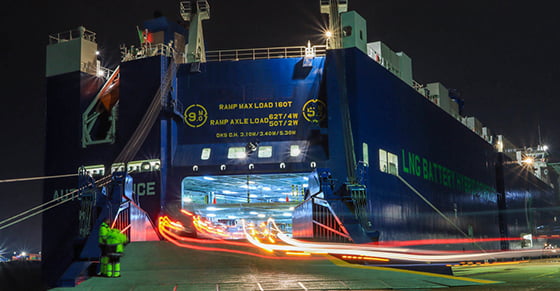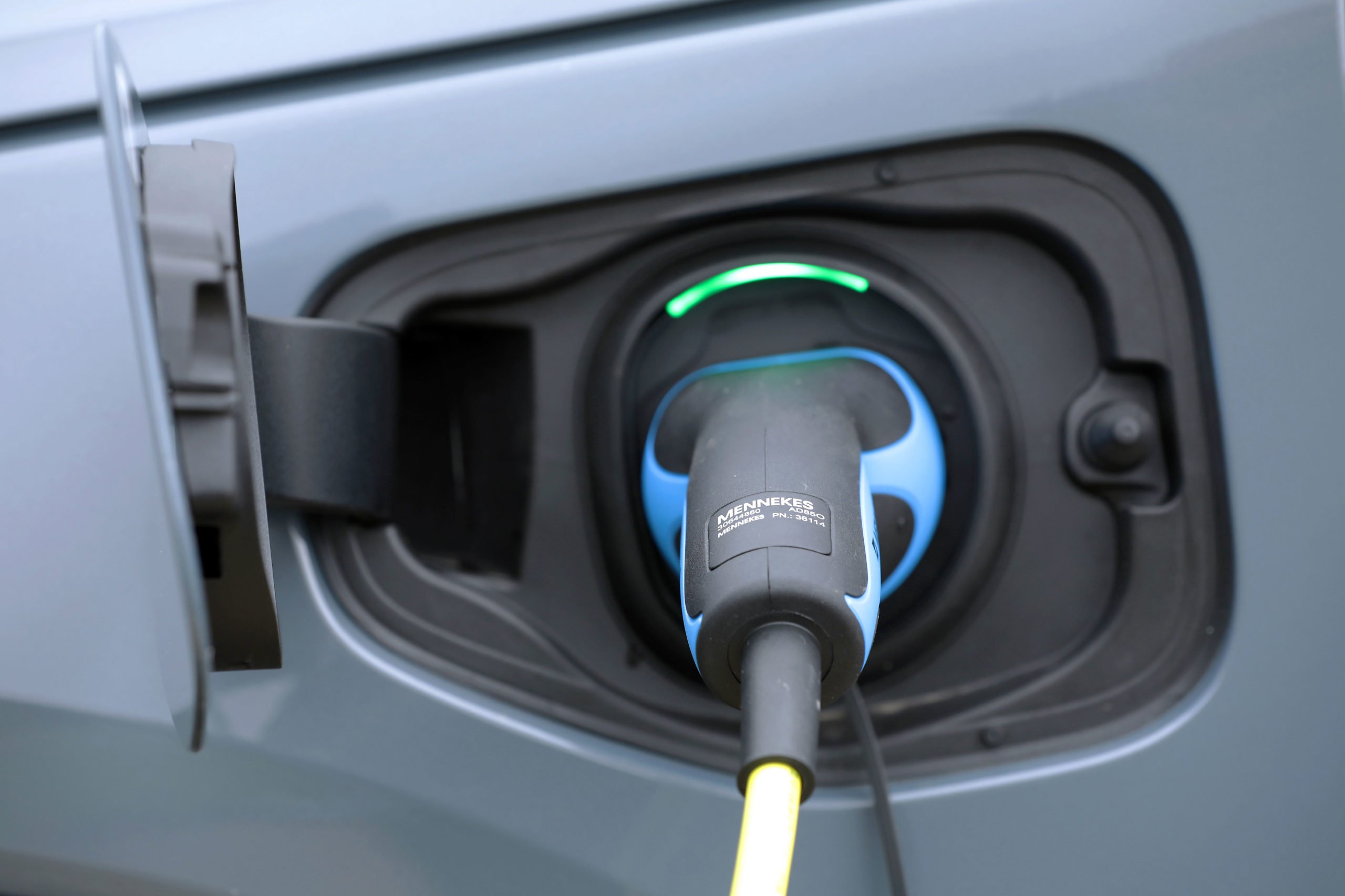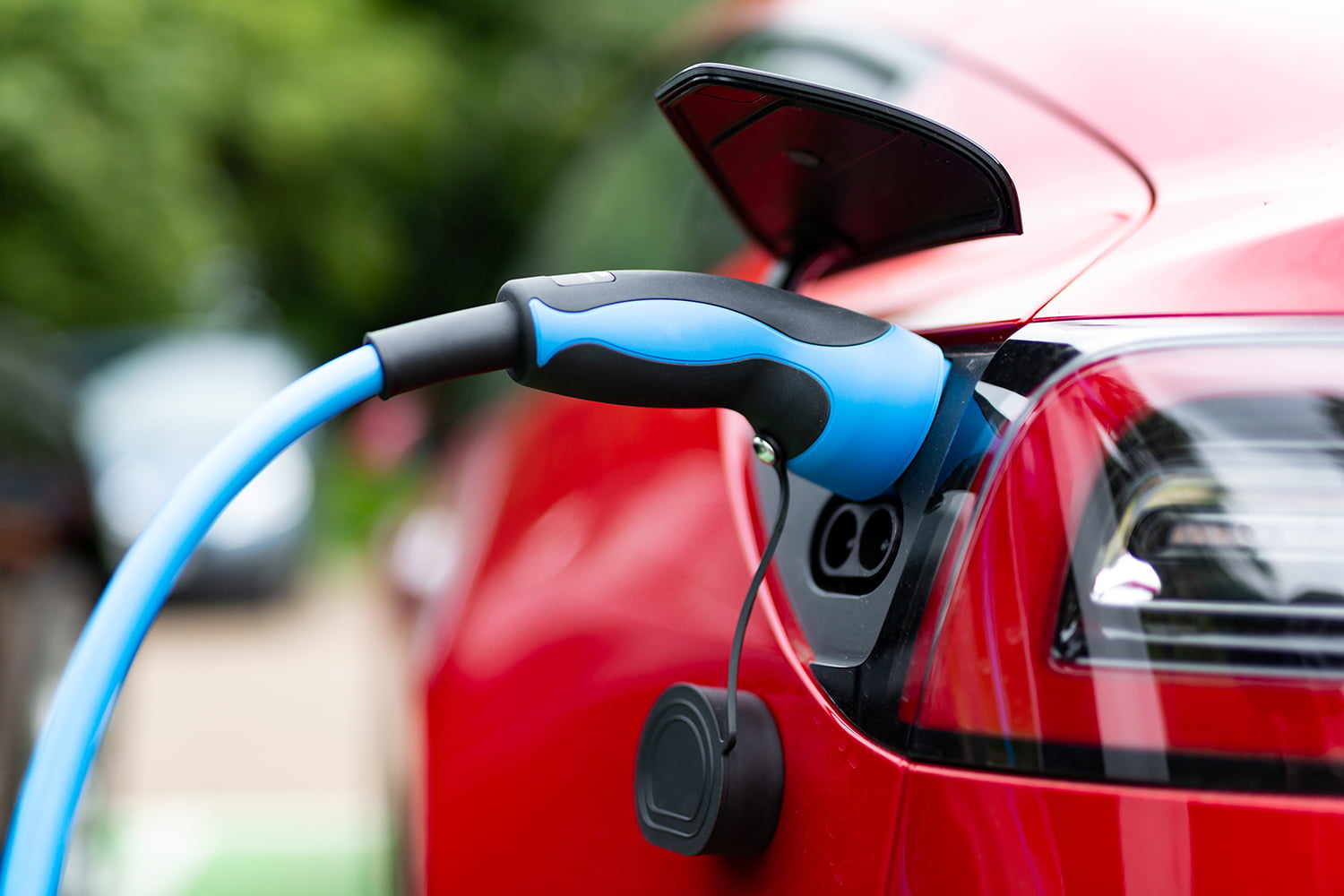
Last year saw the first consecutive annual fall in the number of cars on UK roads in more than a century, according to SMMT Motorparc data published earlier this week. While the total number of vehicles increased by 0.4% to 40,506,971, car ownership fell by -0.2% to 35,023,652. However, vans increased by 4.3% to 4,804,833, HGVs, grew 2.5% to 604,035 and bus and coach numbers also grew by 1.1% to 74,451 units.
The decline in car numbers highlights the impact the pandemic has had on the industry. With the global shortage of semiconductors restricting vehicle production, new model availability has been constrained meaning many people have had to hold on to their vehicles for longer than they may have otherwise wished.
More positively, however, the switch to electrification in Britain continues to accelerate apace, with the use of the electric vehicles increasing by 71% in 2021. Manufacturers are committed to the decarbonisation of road transport – still the biggest single sectoral emitter of carbon – and will have to shoulder the heaviest burden in the delivery of the UK’s Net Zero ambitions. More than £10 billion has already been invested by the industry in the UK alone, helping deliver an ever-growing choice of models and an increasingly electrified UK manufacturing sector.
This investment now means that 730,053 cars, 26,990 vans, 993 buses and 313 trucks on British roads can be plugged in and, with registrations of plug-in cars accounting for one in five registrations last year. Whilst this transition will continue to gather pace over the coming years, it is worth noting that electric vehicles still represent only around just one in 50 cars on the road, one in 180 vans and around one in 2,000 trucks.
Furthermore, whilst the UK new car market is broadly on track, it is important to remember that the overall new car market is suppressed so the market share of EVs is growing to plan but the actual numbers on the road – and hence the speed of fleet renewal – must increase more dramatically if we are to fully decarbonise road transport by the deadlines being legislated.
Accelerating the transformation of the new car market and the carbon savings demanded of road transport requires a broad package of measures that encourages customer demand, including measures to ensure confidence in the economy and addresses obstacles, the biggest of which remains charging anxiety.
Last week we made clear the need for a dedicated national ‘van plan’ to deliver the infrastructure critical to the acceleration if the zero emission commercial vehicle market. The same holds true for Buses, Coaches and HGVs, all of which have specific charging – or fuelling – needs. This will not be a “one size fits all model”.
Each segment of the market has its own use cases and will need specific technology and infrastructure to suit. Every stakeholder will need to play their part, matching the commitments made by the automotive sector, which is investing in a range of technologies – of which electrification is at the forefront – to offer an increased choice of zero emission vans, trucks and buses to users even in the midst of global supply chain shortages.
As we head into the Platinum Jubilee bank holiday, SMMT would like to recognise the longevity, commitment and life of service of Her Majesty The Queen. The Queen, who has had a lifelong love of cars, was presented with a Rolls Royce Phantom VI State Limousine by SMMT in 1977 and it is used by the Royal Family to this day. Finally, I would also like to take this opportunity to wish you all a good weekend.


